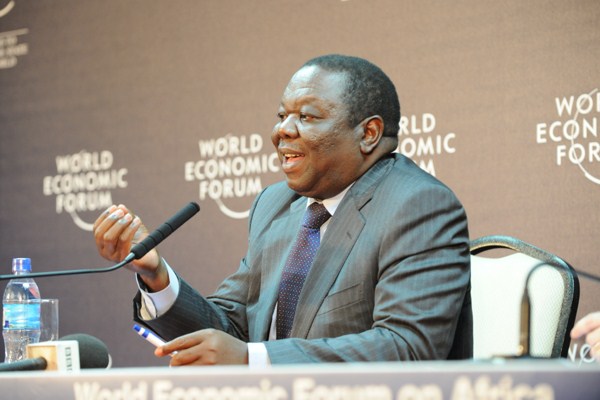The main opposition party in Zimbabwe, the Movement for Democratic Change (MDC), is facing serious financial problems and infighting in the lead-up to its party congress next month. In an email interview, Stephen Chan, professor of international relations at the School of Oriental and African Studies, discussed the state of Zimbabwe’s opposition.
WPR: What accounts for the emerging splits in the MDC party, and how likely is Morgan Tsvangirai to maintain his party leadership?
Stephen Chan: The current splits in the MDC reflect fissures that have been building for a long time. Tendai Biti, the finance minister in the earlier coalition government from 2006-2013, never got along well with Tsvangirai, who served as prime minister and is the current party leader. However, the nature of the 2013 electoral defeat—not only because of registration roll irregularities but also because of a spectacularly inept MDC campaign led by Tsvangirai—was the nail in the coffin. President Robert Mugabe's ZANU-PF party might have wished for a split, but it did not have to work to engineer one. The opposition underwent a process of self-destruction. Tsvangirai will seek to retain control of a reduced party, but his time is over as a meaningful Zimbabwean political force. The British and Scandinavian governments are cutting his funding, and he seems to have no new ideas. The splits in the opposition are such that ZANU-PF should win the 2018 elections without facing any coordinated challenge. It will in all likelihood take until the elections of 2023 for a new opposition with new leaders to emerge.

